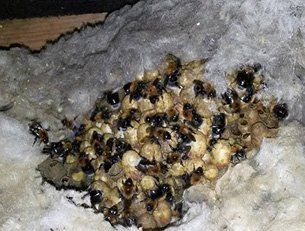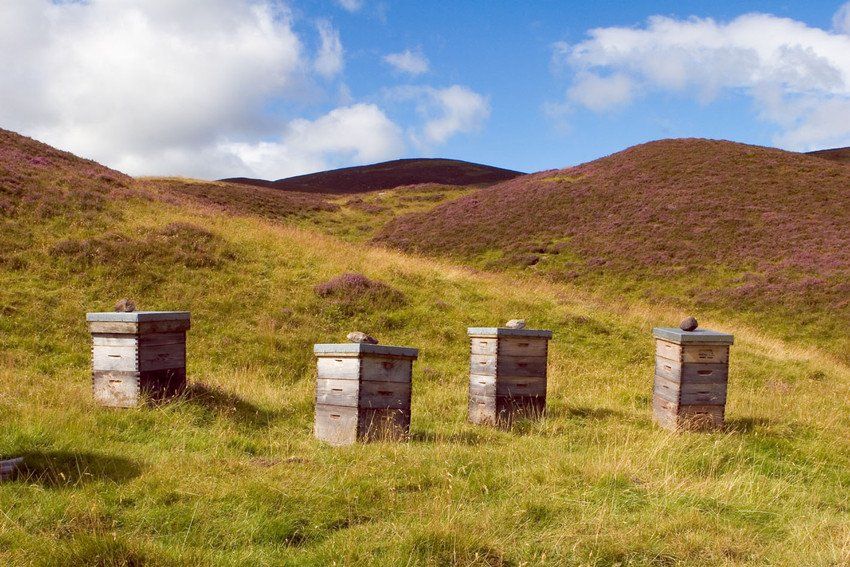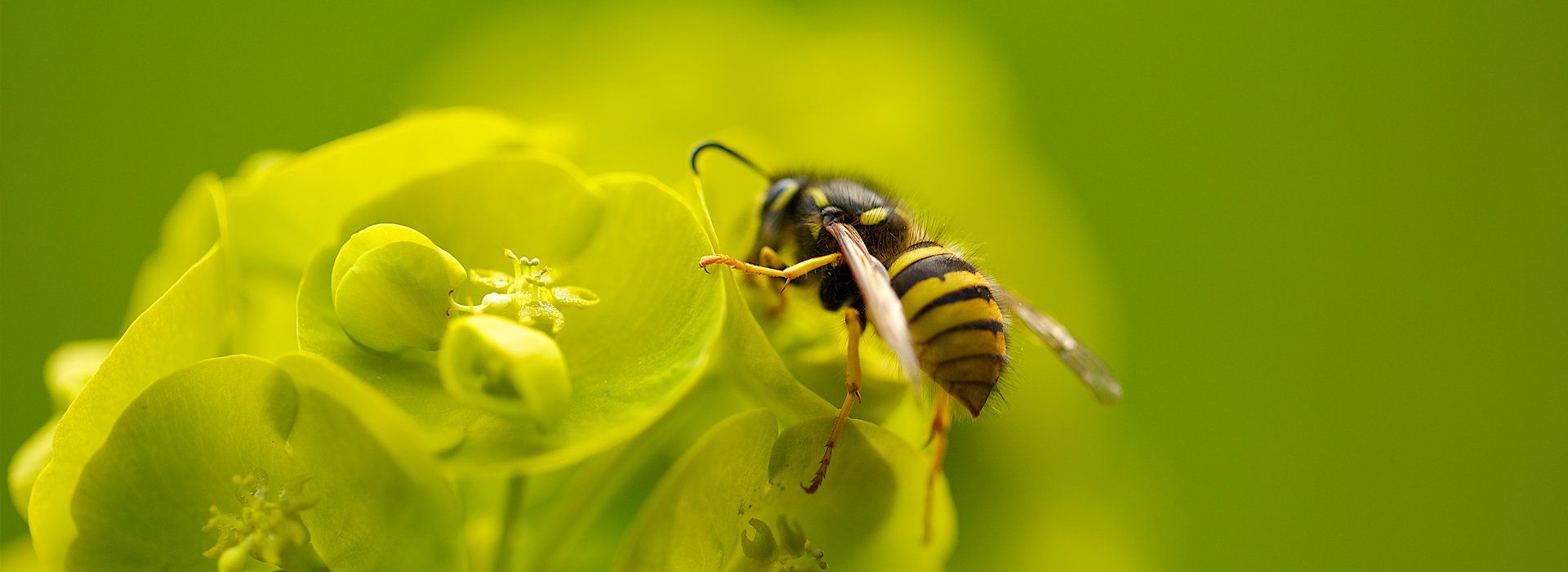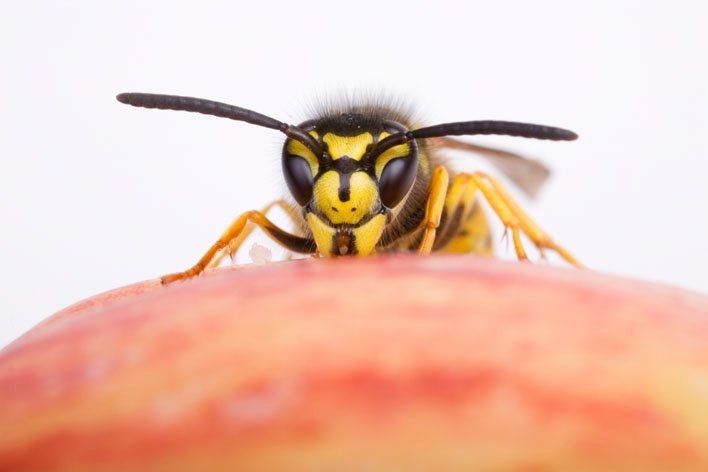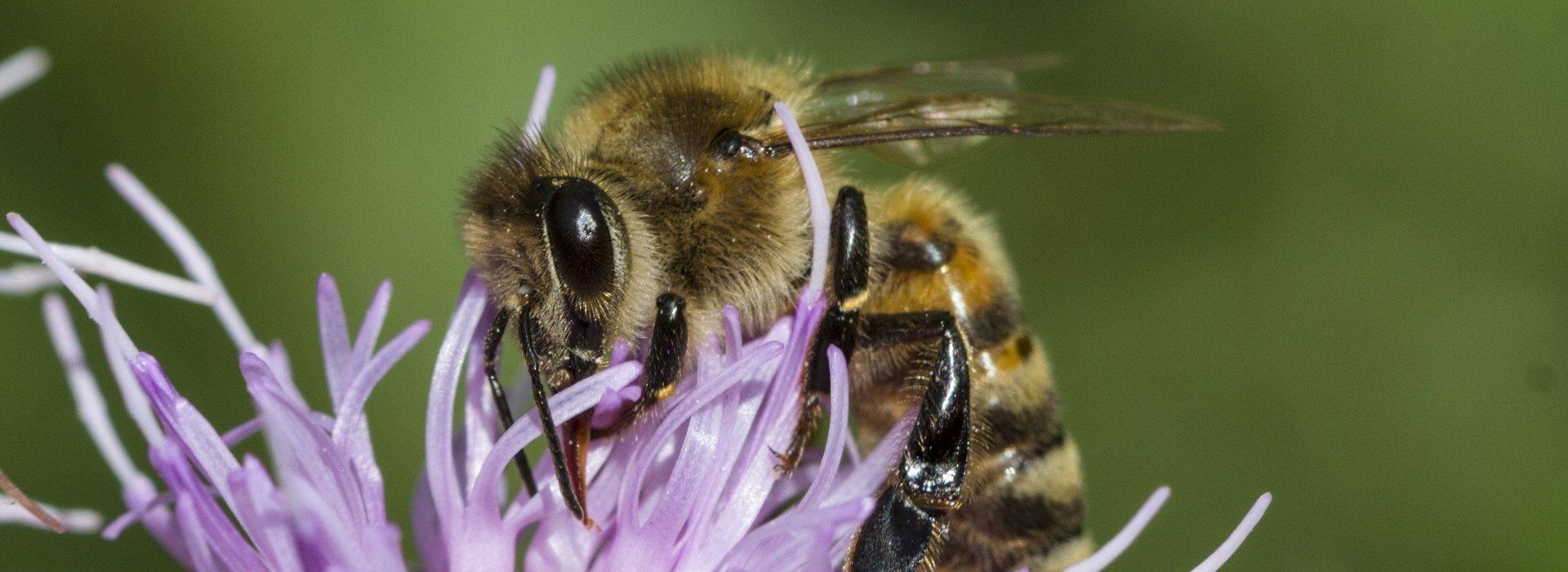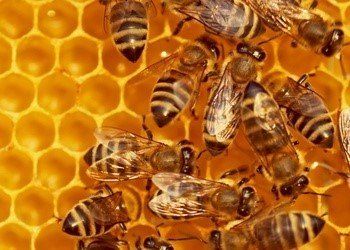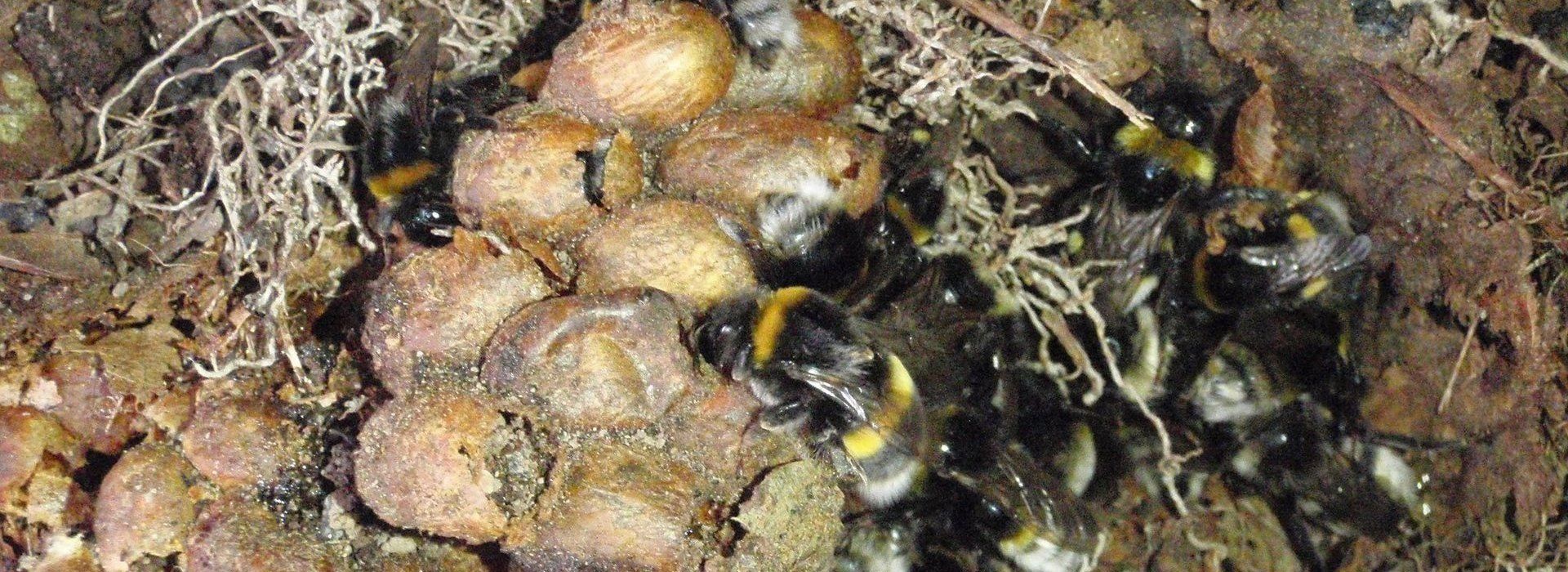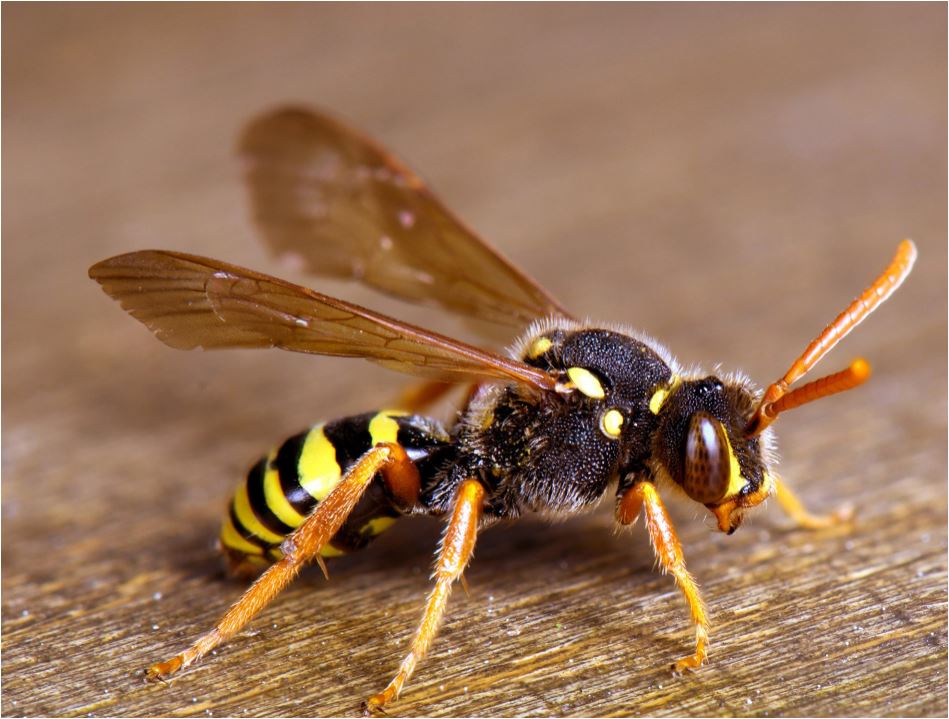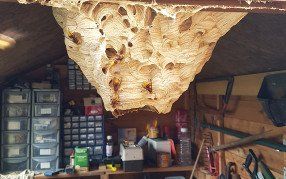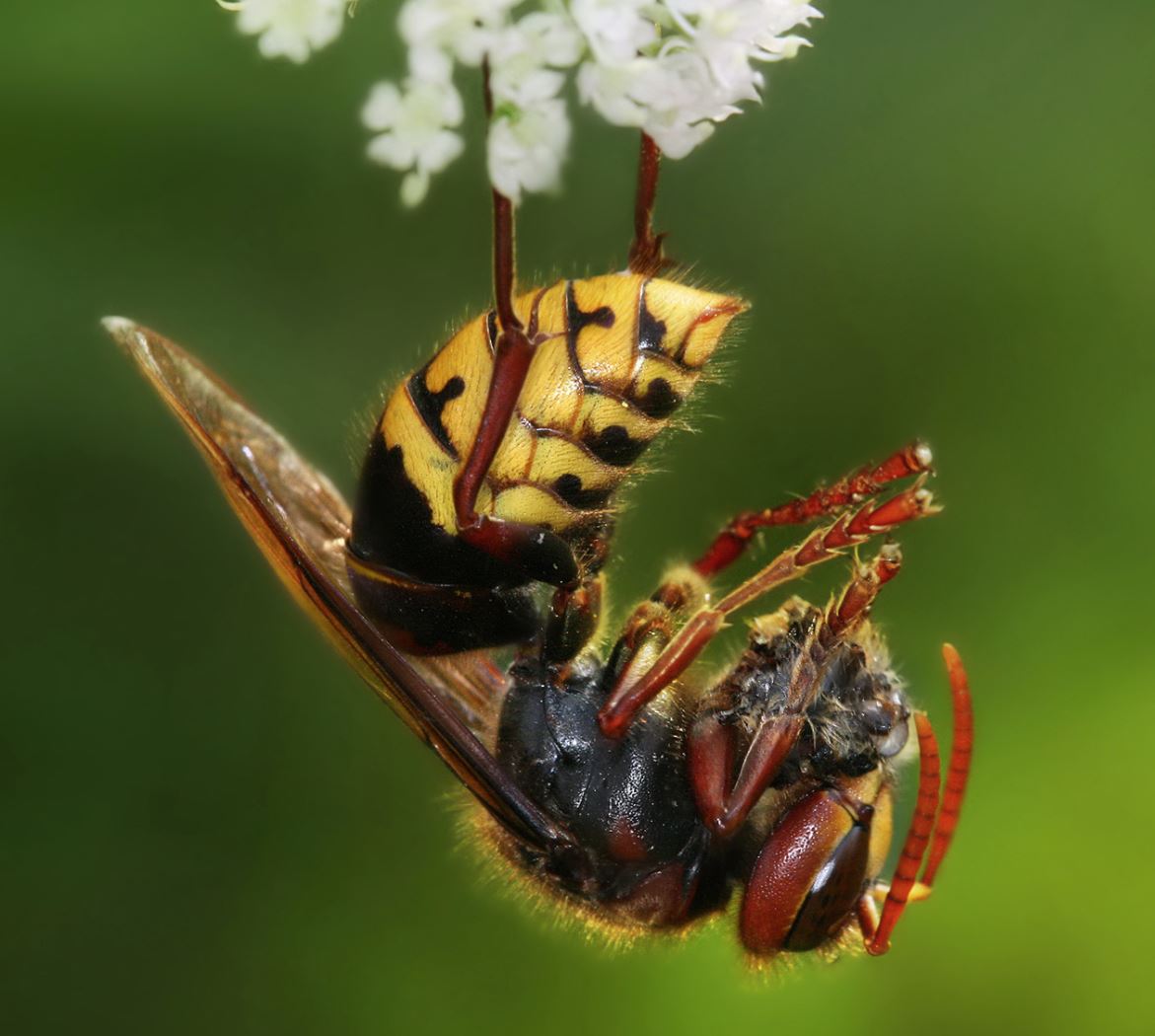12 years since the bee crisis began, how and why is it happening?
Colony Collapse Disorder (CCD) was first reported in 2006, when beekeepers started reporting the disappearance of adult honeybees. When the hive is mostly abandoned the queen bee is left behind. With some of the causes being related to environmental issues, it’s our responsibility to make a conscious effort to extend the life of these creatures.
For one, the use of agricultural chemicals has been identified as interfering with the way bees look for food. Chemicals can affect the sensory abilities of bees leaving them confused and unable to find their usual source of pollen and nectar. Furthermore, pesticides such as neonicotinoids are commonly used in farming to prevent insects from nibbling crops. They usually coat seeds before they are planted, however when these seeds germinate the chemicals spread throughout the plant and can be found present in pollen.
For both honeybees and wild bees, this can lead to problems when navigating and repopulating. Often these chemicals are so strong that when found in water can spread across soil for several acres. Our own carbon footprint also increases the level of pollution in the air. Bees rely on their finely tuned senses to survive, but the gases pumped from cars, factories and our homes make it difficult for them. As a result, bees often have to travel a lot further to find food and the unfamiliar route can leave them unable find their nest.
What effect would this have on us?
The extinction of bees could have a catastrophic effect on mankind. It sounds drastic, but a total loss of bees could in time lead to the same effect for humans. A large majority of the crops we eat from are pollinated by bees: without this there would be a huge decline in many of our favourite fruit and veg. Natural sources such as cotton and canola (used in fuel) are very reliant on pollination. If we were to run out of biofuels the planet would be solely relying on fossil fuels which puts further pressure on the environment. A decrease in cotton production would be just as bad, affecting the thousands of businesses that use the material in their products. Most alarmingly, since most plants would be unable to grow, large proportions of land would become barren and desertification would take place.
The good thing is there are still things we can do to try and prevent the extinction of bees. Simply planting flowers in your garden will provide bees with forage especially when grown in volume. As explained, it’s also important to avoid using chemical treatments on your plants to ensure the pollen they produce is safe for bees. You can also allow weeds to grow in your garden. Despite the fact that most of us don’t like the look of weeds, they are a great natural food source.
With all this new knowledge behind you, it should be clearer how important bees are for the planet. However, finding a bees nest in your home or garden can still be a little concerning. If you feel it could be a safety risk always seek a professional to inspect and remove the hive.Here at Mr Wasp we offer expert pest control services across South Wales including Cardiff, Newport Bridgend and Barry. With over 35 years of experience we can eradicate wasp and hornet nests as well as perform specialist bee relocation without harming the insects. Get in touch today to learn more.


